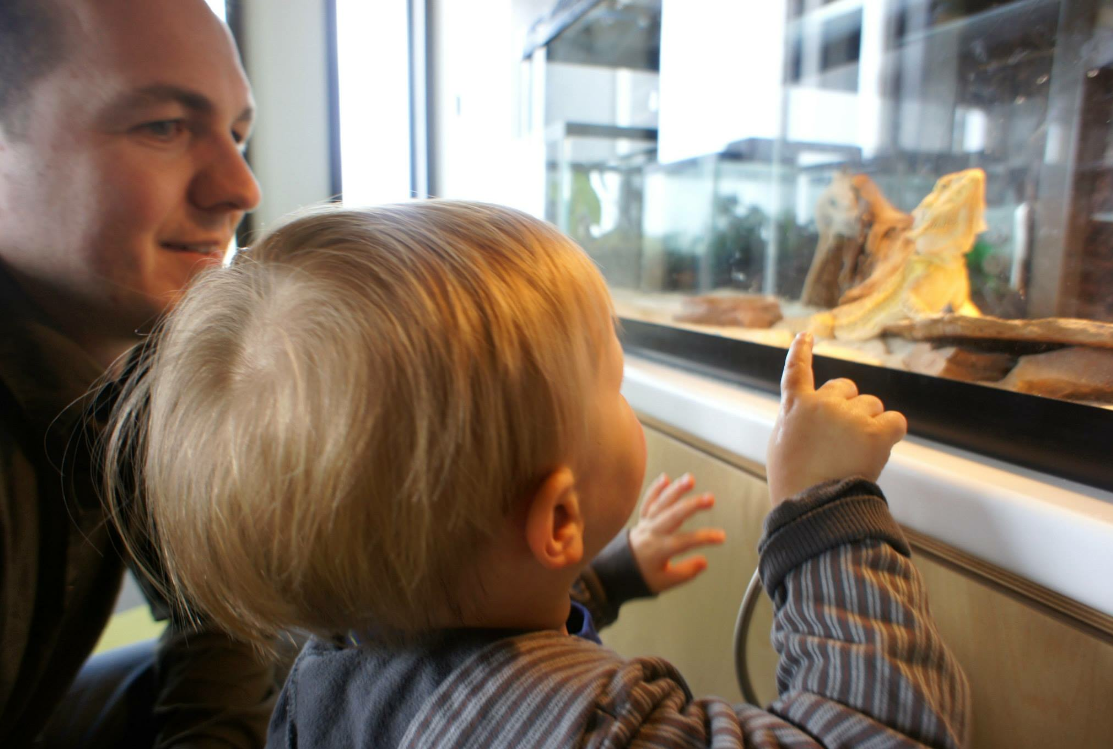
A new study by a Canadian research group found that parents who have a child with autism and a later-born infant are more effective than clinicians at detecting signs of autism at 12- and 18-months old. In a study of 188 children, parents and clinicians reported on the presence of the same 19 behavioral symptoms, such as eye contact, hand-eye coordination, social smiling, repetitive motions, and vocalizations. Parent responses were based on their day-to-day observations of the child at home, while clinician responses were based on a 15-20 minute structured interaction with the infant. At 36 months, all children received a diagnostic evaluation.
At both 12 and 18 months of age, the parent-rated symptoms were more predictive of a later diagnosis of autism than were the clinician-rated symptoms. These results suggest that parents may detect some clinically informative behaviors based on their day-to-day observations more readily than do clinicians during a brief clinical assessment. The authors note that additional work is needed to determine whether their findings hold true for parents who do not have an older child with autism. But for now, the important take-home message for clinicians is to listen carefully for early “red flag” behaviors reported by parents about their later-born infants, as they may be seeing behaviors that could be missed during a brief observation period. And the take-home for parents is to make sure to share your behavioral observations and concerns with your clinician! To learn more, click here!